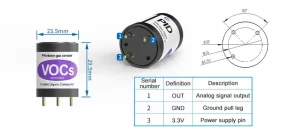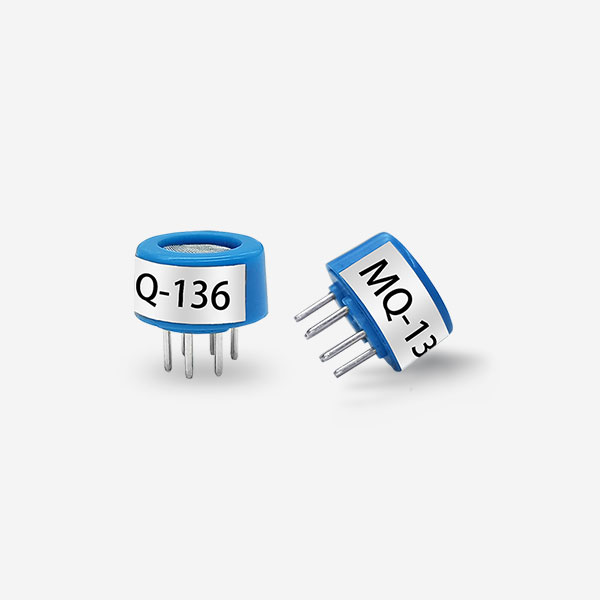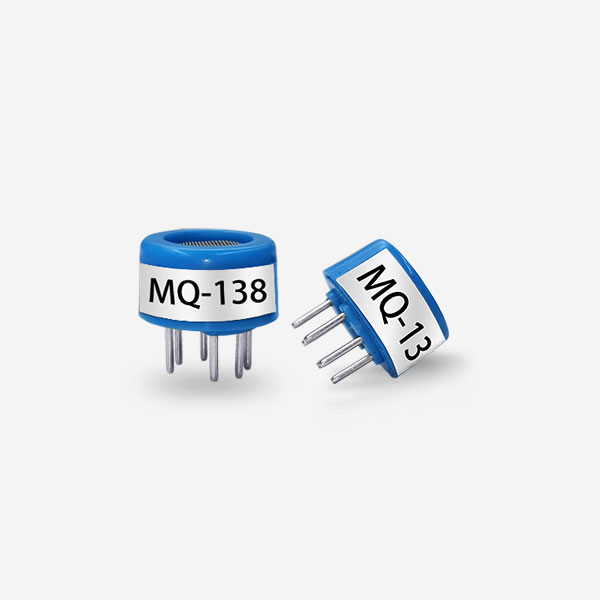Indoor air quality (IAQ) is a critical aspect of our overall health and well-being. With people spending a significant amount of time indoors, it is crucial to ensure that the air we breathe is clean and free from pollutants. Gas sensor systems have emerged as a valuable tool in monitoring and enhancing IAQ. These systems detect and analyze various gases in indoor environments, enabling us to identify and mitigate potential health hazards. In this article, we will explore the importance of IAQ, discuss the role of gas sensor systems in monitoring and improving IAQ, and highlight the benefits of employing such systems.
The Importance of Indoor Air Quality:
Poor IAQ can lead to a range of health issues, including allergies, asthma, respiratory conditions, and even more severe long-term effects. Common sources of indoor air pollutants include volatile organic compounds (VOCs) emitted by cleaning products and furnishings, carbon monoxide (CO) from combustion processes, and mold spores from damp areas. Additionally, high humidity levels can contribute to the growth of mold and bacteria, further compromising IAQ. Therefore, ensuring and maintaining good IAQ is crucial for the health and comfort of occupants.
Monitoring Indoor Air Quality with Gas Sensors:
Gas sensor systems play a vital role in monitoring IAQ by detecting and measuring the concentration of various gases. These sensors are designed to identify harmful pollutants that may be present in indoor environments. For instance, they can detect high levels of VOCs, such as formaldehyde and benzene, emitted from building materials and household products. By continuously monitoring IAQ, gas sensor systems provide real-time data on pollutant levels, enabling prompt action to improve air quality.
Benefits of Gas Sensor Systems:
Early Detection of Pollutants:
Gas sensor systems allow for early detection of pollutants in indoor environments. This enables timely intervention to address potential health risks before they escalate. By promptly identifying sources of pollution, such as chemical spills or faulty combustion equipment, gas sensor systems facilitate quick remediation and prevent further exposure to harmful gases.
Real-time Monitoring:
Gas sensor systems provide real-time monitoring of IAQ, ensuring that changes in pollutant levels are detected immediately. Continuous monitoring allows for the identification of trends and patterns, making it easier to understand pollutant sources and take necessary mitigation measures. This data-driven approach provides valuable insights into IAQ fluctuations and helps develop effective strategies for long-term improvement.
Improved Occupant Health and Comfort:
By continuously monitoring IAQ and promptly addressing any issues, gas sensor systems contribute to improved occupant health and comfort. Maintaining optimal IAQ reduces the risk of respiratory problems, allergies, and other health conditions associated with poor air quality. Additionally, a healthy indoor environment enhances productivity and well-being, benefiting both residential and commercial occupants.
Energy Efficiency:
Gas sensor systems can also contribute to energy efficiency in buildings. By continuously monitoring IAQ, these systems ensure that ventilation systems operate effectively and efficiently. Ventilation can be adjusted based on real-time data, optimizing air exchange rates while minimizing energy consumption. This not only saves energy but also improves IAQ by controlling pollutants and maintaining proper ventilation.
Compliance with Standards and Regulations:
Many countries and organizations have established standards and regulations to ensure acceptable IAQ levels. Gas sensor systems can help buildings comply with these guidelines by providing accurate and reliable data on pollutant levels. By implementing gas sensor systems, building owners and managers can demonstrate their commitment to maintaining a healthy indoor environment and meet regulatory requirements.
Conclusion:
Enhancing indoor air quality is crucial for our health, comfort, and overall well-being. Gas sensor systems play a significant role in monitoring IAQ by detecting and measuring various gases present in indoor environments. With early detection capabilities, real-time monitoring, and the ability to identify pollutant sources, gas sensor systems ensure prompt intervention and continuous improvement of IAQ. By employing these systems, we can create healthier indoor environments, minimize health risks associated with poor air quality, and promote overall sustainability and well-being.
 : +86 155 8830 2704
: +86 155 8830 2704 : jxdziot@gmail.com
: jxdziot@gmail.com
